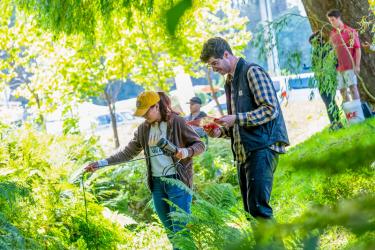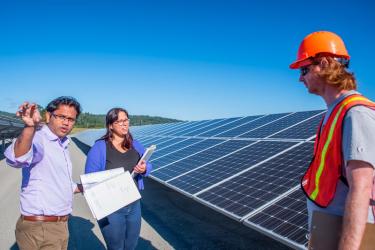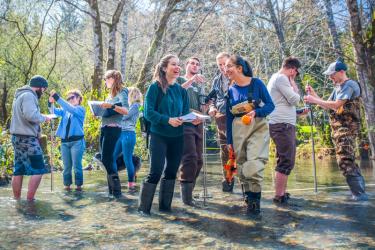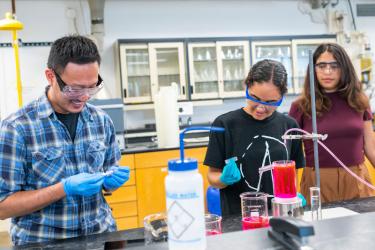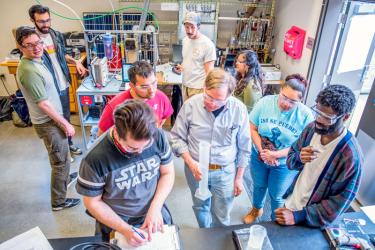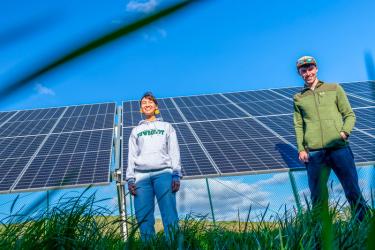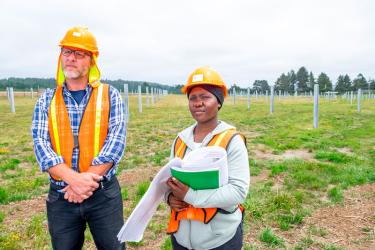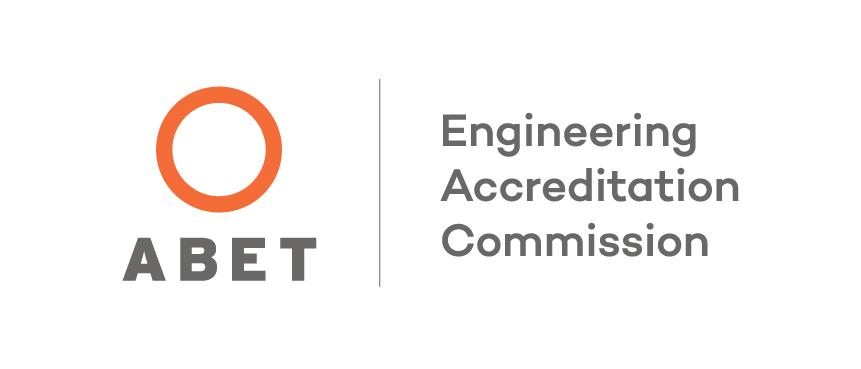Engineering & Community Practice, M.S.
Among the few programs of its kind in the nation, this one-year master’s degree program is designed to develop future engineering leaders who work with and within communities to sustain, restore, and protect our environment.
Why this program?
California’s Largest Tribal Nations
The region has a significant Native American population and includes 13 Tribal Nations, including the state’s largest Tribal Nations and largest land-based tribes.
Groundbreaking Projects & Research
The Schatz Energy Research Center partnered with the Blue Lake Rancheria Tribe to develop a groundbreaking solar microgrid. Engineering faculty have worked on other projects such as the world-famous Arcata Marsh and Wildlife Sanctuary.
Environmental Technology In Action
Engineering students have been involved with the Campus Center for Appropriate Technology, an eco-demonstration home run by students who use and test technology that is environmentally, socially, and financially sustainable.
Who is the program for?
The program is aimed at students who have an undergraduate engineering degree in a related field (such as environmental, civil, or mechanical engineering) or those who have completed the necessary prerequisite courses prior to enrollment to be successful in graduate-level engineering design electives.
Program Overview
Design tools and partnerships to address timely issues. For example, engineering students might design sensors that detect hazardous air quality or small home air filters for the Karuk Tribe, which is heavily impacted by wildfires.
Engage with a year-long project supervised by faculty members from the Engineering and Native American Studies departments. This project is the cornerstone of a program dedicated to community engagement, drawing upon a complementary range of courses in both disciplines.
Explore Native sovereignty, Traditional Ecological Knowledge (TEK), and federal laws and policies such as Environmental Protection Act regulations—knowledge that is invaluable whether you decide to work directly with tribes or other communities.
Apply engineering analysis and design informed by decolonizing methodologies to identify critical environmental resources problems and solutions aimed at restoring and sustaining the global environment and assist communities who depend on access and stewardship of Native lands.
Program Contacts
Please feel free to consult the program advisor listed below prior to submitting your application with any questions about the requirements, preparation, enrollment, and/or participation in this graduate program.
- Asst Prof Qualla Ketchum, Engineering: qualla.ketchum@humboldt.edu

